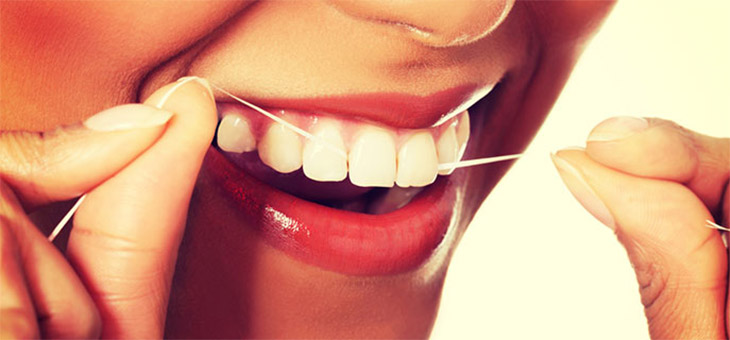New research reveals how oral health is connected to psychological wellbeing and overall health, and how poor oral health is associated with decreased quality of life, depression and cognitive decline.
Two Rutgers University studies, co-authored by Darina Petrovsky, Bei Wu and Weiyu Mao, and published in the Journal of the American Geriatrics Society, examined the relationship between poor oral health and cognitive decline, and the effects of stress on older people.
Researchers interviewed more than 2700 people aged 60 and older and found that nearly 50 per cent of the participants reported experiencing problems with their teeth.
Those who did report these problems also experienced declines in cognition and memory, both of which can be precursors to dementia.
“These studies demonstrate the importance of examining oral health outcomes later in life,” said XinQi Dong, director of Rutgers University’s Institute for Health, Health Care Policy and Aging Research.
“These efforts can help preserve older adults’ health and wellbeing, and limit cognitive decline. Our research raises critical awareness for dental and healthcare providers of the role of perceived stress in dry mouth symptoms.
“Working collaboratively, dental and healthcare providers can better identify oral health symptoms as risk factors of cognitive decline in this fast-growing vulnerable population. The primary focus should include promoting optimal oral health and improving the quality of life.”
Were you aware that your teeth played such an important part in your cognitive wellbeing?
If you enjoy our content, don’t keep it to yourself. Share our free eNews with your friends and encourage them to sign up.
Related articles:
New dementia trigger revealed
Postcodes with low dementia risk
Nasty news about napping

